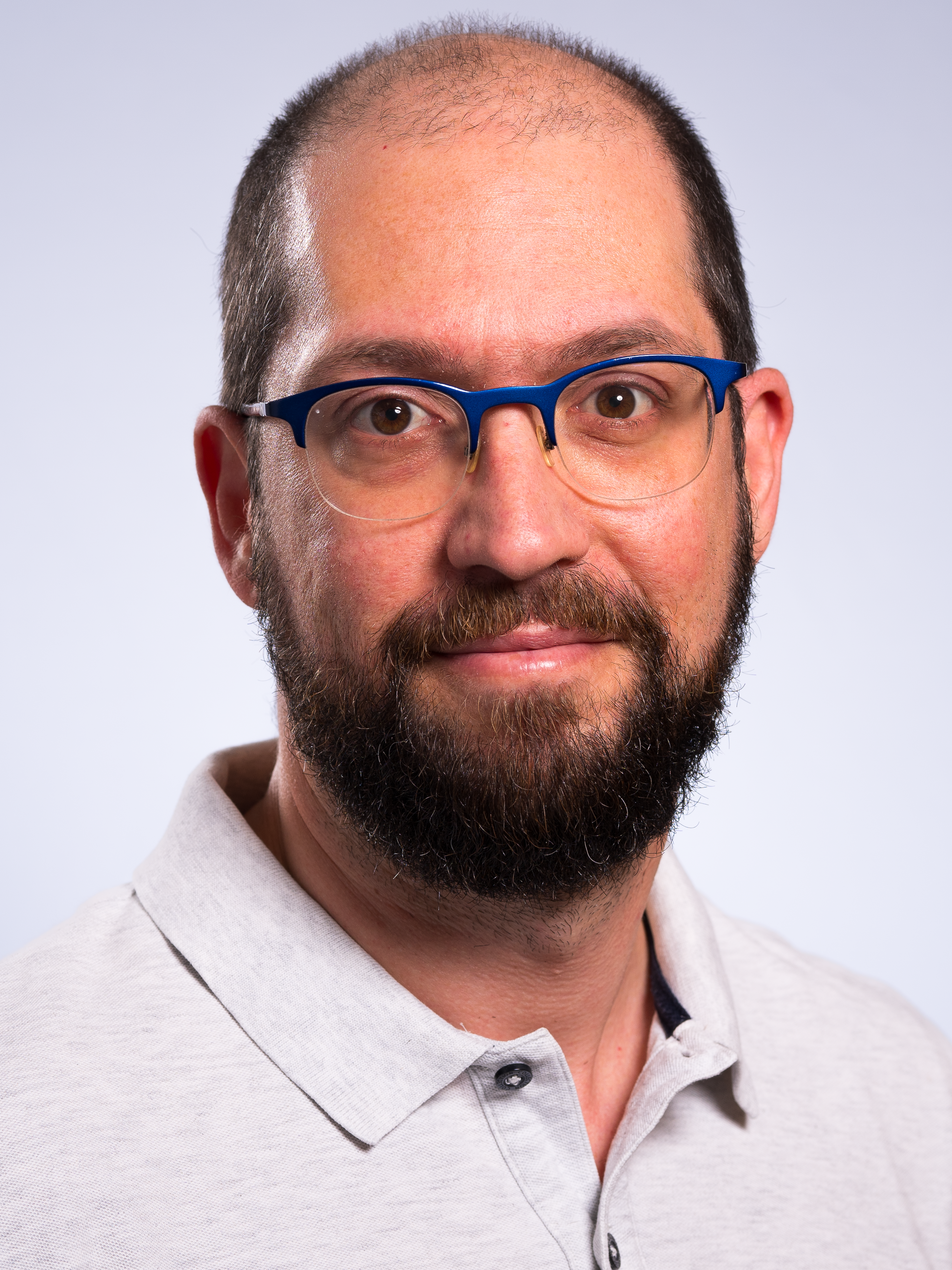Profile
I am a Reader in Theoretical Physics at the Centre for Theoretical Physics, Department of Physics and Astronomy. My work has focussed on various aspects of supersymmetric/superconformal field theories and their relation to String/M-theory.
I hold an undergraduate diploma from the University of Patras (Greece), an MSc from Durham University and a PhD from Queen Mary University of London. I have previously held postdoctoral positions at the Tata Institute of Fundamental Research (India), King's College London and Rutgers University (USA).
I am a Fellow of the Institute of Physics.
Teaching
I currently teach the undergraduate course "Quantum Mechanics and Symmetry" over the second semester of the 2024-2025 academic year.
I am a Fellow of Advance HE.
Publications
(A complete and up to date list of publications with an accurate citation count can also be found at this link)
View Profile Publication Page Supervision
PhD students:
I am also interested in taking on new students for the following project:
Conformal Field Theories are mathematical descriptions of natural phenomena that look the same at all length scales. They find fundamental applications over a large spectrum of topics ranging from condensed-matter physics, particle physics, string theory and quantum gravity. They are, however, incredibly hard to solve with the exception of a handful of examples.
This project aims to exploit the tremendous recent progress in Artificial Intelligence to solve arbitrary conformal field theories. This will be achieved by utilising machine-learning techniques similar to those used by Google’s DeepMind Technologies when building the AlphaGo programme, which spectacularly beat professional Go champions.
Requirements:
A very good grasp of graduate Quantum Field Theory and supersymmetry, as well as some basic conformal field theory and string theory. Coding experience is desirable.
